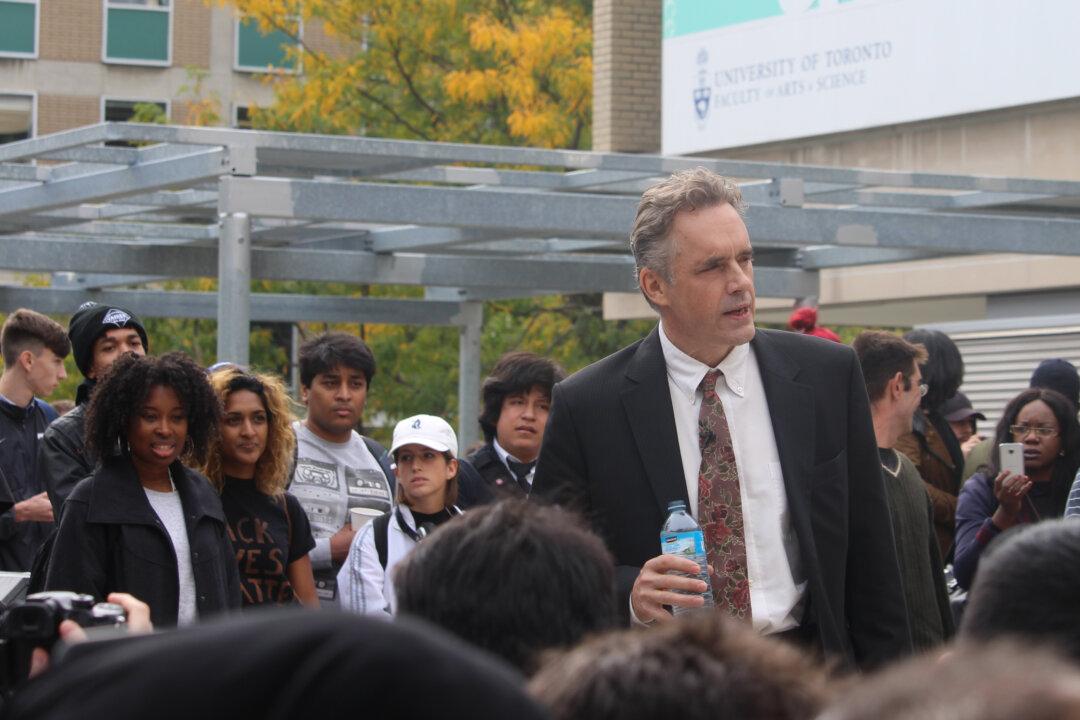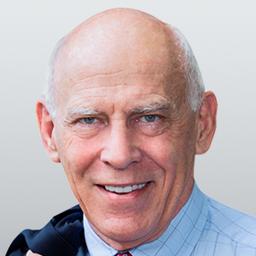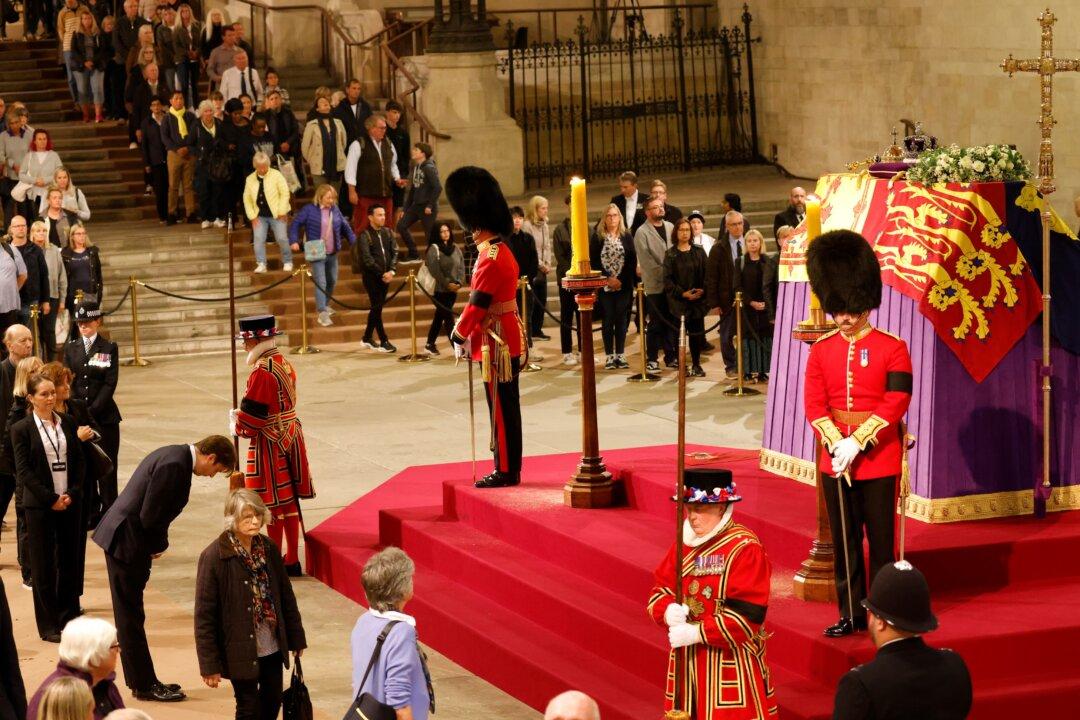Commentary
So, you want to go to college. You want to acquire the knowledge, skills, and virtues you will need to enter and succeed in your chosen profession, let’s say one in a scientific, technical, or mathematical field. You also want to build on what you learned in high school, your family, and faith community about what is worth wanting.





